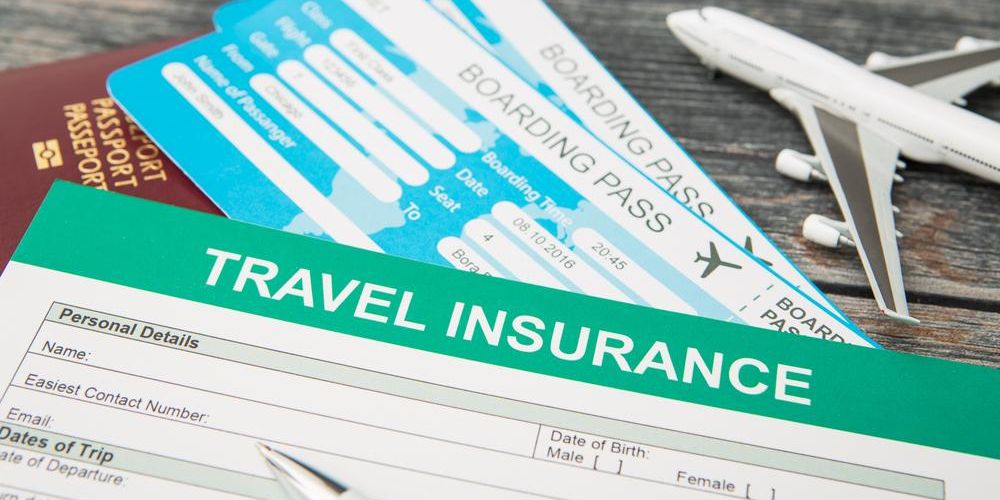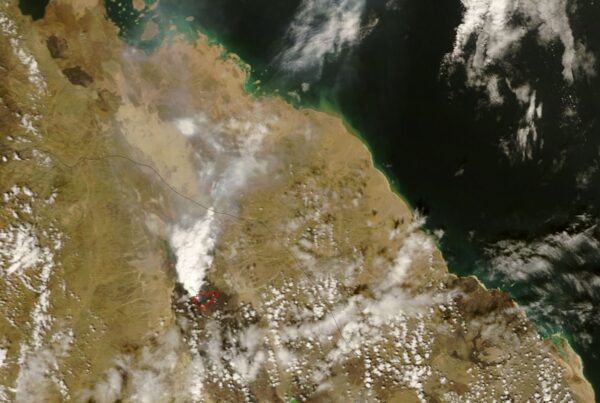As the conflict between Israel and Iran escalates and long-haul flight paths are diverted to avoid dangerous airspace, travel agents are once again on the frontline of a difficult conversation: does my travel insurance cover me in the event of war?
The reality is, for most Australian travellers, the answer is no.
The vast majority of policies available through Australian insurers explicitly exclude cover for war, acts of war, civil unrest, insurrection or military conflict – whether declared or not.
This applies even if a traveller is caught up in a conflict zone unexpectedly or has to cancel their trip due to rising tensions.
A recent Finder analysis of 22 major Australian travel insurance providers found none that offered standard cover for war-related events.
For example, in a high-profile case last year, a traveller who cancelled a trip to Tel Aviv after the Israel–Hamas conflict broke out was denied a claim by AIG.
The matter was escalated to the Australian Financial Complaints Authority, which upheld the decision on the grounds that war and hostilities were clearly excluded in the policy wording.
A similar outcome was recorded when a Mediterranean cruise was cancelled due to Red Sea unrest – again, the insurer declined cover based on the war exclusion clause.
What agents need to be aware of is that terrorism and war are treated very differently in insurance.
Some providers – like Travelex or certain AXA policies – offer limited cover for terrorism, but this rarely includes cancellation benefits and may only apply to medical expenses.
Even then, cover is often void if the traveller has entered a country against official government advice, particularly if DFAT has issued a “Do Not Travel” warning.
As you advise clients, it’s worth noting that major Australian insurers including nib, Allianz and Cover-More all confirm in their Product Disclosure Statements that they will not pay claims for any event arising from war, rebellion, military uprising, or similar disturbances.
In the case of Cover-More (underwritten by Zurich), they do offer complimentary policy extensions for customers overseas who are delayed in returning home due to conflict – one of the few gestures of flexibility offered under these circumstances.
So what options can agents suggest to clients concerned about conflict-related cancellations? The most practical add-on is a Cancel-For-Any-Reason (CFAR) upgrade.
These are not widely available in Australia, but where offered, they may reimburse between 50 and 75 per cent of non-refundable costs – even in the case of a conflict-related cancellation. However, CFAR must usually be purchased within a narrow window after booking and can come with significant additional cost.
For destinations in or near known hotspots, the best course of action may be to steer clients towards flexible fares, refundable accommodation and providers with generous change policies. While these don’t replace the protection of insurance, they do provide an exit strategy if the security situation deteriorates.
As always, it’s essential that agents encourage their clients to read the PDS carefully – especially the sections on exclusions – and keep a close eye on DFAT travel advisories.
If a client chooses to travel to a destination under a “Do Not Travel” alert, their insurance will almost certainly be void. Similarly, if conflict breaks out after they’ve departed, they should contact their insurer immediately – some may offer assistance or extensions on compassionate grounds.
With conflict zones shifting and global flight paths being adjusted in real-time, travel agents play a crucial role in helping clients navigate not only the logistics of travel, but the complex fine print of what’s covered…and what isn’t.









